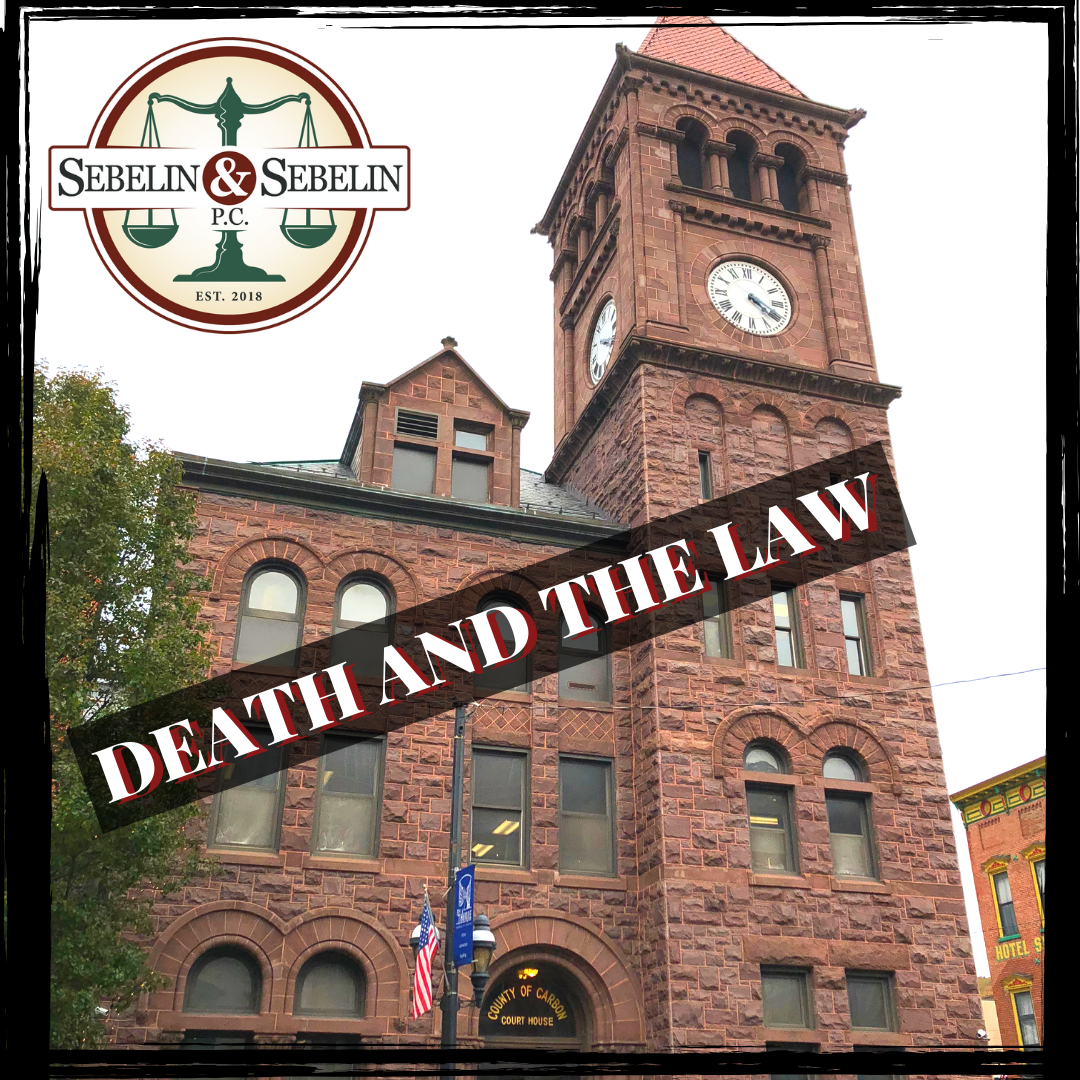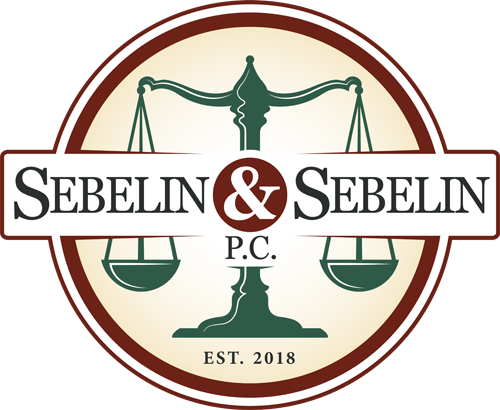
Death & the Law – the Estate and Probate Process
There is an old expression – “you can’t take it with you when you die”. Unfortunately, the person who first penned those words gave no answers as to what becomes of your property, financial accounts, investments, debts and responsibilities upon your passing. Under Pennsylvania Law, when an individual dies owning assets, a family member, or an appointed representative, will typically need to open an estate to settle the deceased person’s affairs. This process is often referred to as Probate and Estate Administration.
What is the Estate and Probate Process?
The “estate” of a deceased person is a legal entity which describes all the money and property owned by a person at the time of their death. The probate process is the method by which a personal representative settles the estate of the deceased by ensuring the proper distribution of assets to all interested parties. Through the probate process, a personal representative will be responsible for collecting assets, accessing financial accounts, selling or transferring property, preparing tax returns, and paying any debts owed by the decedent from the proceeds of the estate. This process may last several months and may be extremely difficult for those still grieving over the loss of a loved one.
Being named Personal Representative
In Pennsylvania, to open an estate a qualified individual will need to file a petition for grant of letters, along with supporting documents, with the local Register of Wills. How this document is prepared, and who may serve as a representative, will ultimately depend upon a number of factors; most notably, whether the decedent died testate (with a Last Will and Testament) or Intestate (without a Will) . If the decedent died with a Will, it is likely he/she named an Executor responsible for managing their affairs at death. Conversely, if the decedent died without a Will, then only a qualified member of the decedent’s family may serve as a personal representative. Dying intestate may complicate matters as it may require you to obtain the consent from family members or a decree from the register declaring you Administrator of the estate.
Duties of the Personal Representative
Once you are qualified to serve as Personal Representative of the estate, it will be incumbent upon you to perform a number of tasks. These include, but are not limited to:
- Collecting all assets of the decent
- Notifying creditors and accounting for all debts and expenses
- Paying any inheritance taxes, estate taxes, and other taxes
- Contacting certain government agencies
- Publishing estate advertisements
- Filing important documents with the courts
- Insuring proper distribution to all interested parties
Challenges in the Estate Process
The probate process is not easy, as Personal Representative you may be responsible for dealing with a wide range of potential issues. Most disputes arise from family members who question the management of the estate. Family members may also challenge the authenticity or terms of a Last Will and Testament. Creditors and collection agencies may also make unreasonable demands for payment against the estate. As personal representative you must deal with each of these issues, while simultaneously complying with the rules of probate.
When a loved one passes away, someone must be responsible for ensuring that their property is properly managed. While the probate and estate process may seem intimidating, the attorneys at Sebelin & Sebelin, P.C. will help you. Our lawyers have probated complex estates throughout the Commonwealth of Pennsylvania. If you need assistance call (610)-379-4499 or visit our website www.SebelinLegal.com to schedule a free consultation.
